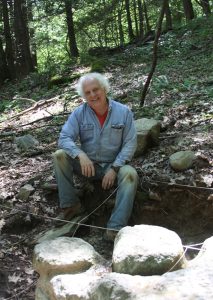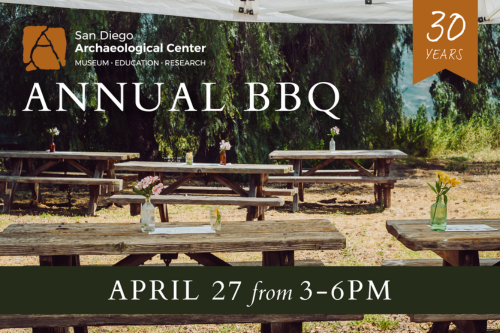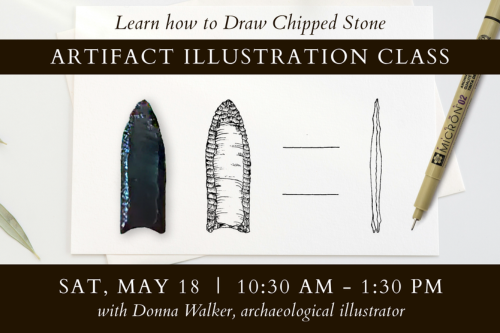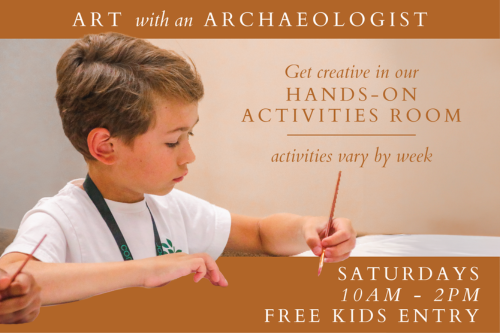
Living Room Lecture: A Field Guide to Archaeological Oddities, Frauds, and Mysteries
Is there archaeological evidence that giant human-like creatures once walked the Earth? Did a contingent of the Lost Tribes of Israel visit New Mexico, marking their presence by etching the Ten Commandments in Hebrew into a boulder southwest of Albuquerque? Did ancient Druids establish a colony in southern New Hampshire where they carved a table designed to collect the blood of sacrificial victims? Was an earth mound in Ohio inspired by a precociously sophisticated lost civilization that was utterly destroyed 12,500 years ago? Did Native Americans encounter visitors from other planets, recording that experience by painting images of space-suited aliens on canyon walls in Utah? Finally, have archaeologists discovered the far western outpost of an ancient Egyptian pharaoh, not in Egypt or even Africa, but in, of all places, California? Dr. Ken Feder will here reveal the hidden truth underlying these ancient mysteries. Spoiler alert: The answer to each of them is a resolute “no!” Nevertheless, the stories behind these and other false claims about the ancient past are fascinating and, it must be admitted, occasionally even a little hilarious. Oh, and bonus – Dr. Feder will tell you how you can personally visit these places and see them for yourselves.
Date: Thursday, May 16, 2024
Time: 6 PM
Location: Online on Zoom
Cost: Pay what you wish
Register for Lecture
About the Presenter
 Ken Feder, PhD, is professor emeritus (Anthropology) at Central Connecticut State University in New Britain, Connecticut. His primary research interests include the archaeology of the native peoples of New England and the analysis of public perceptions about the human past. He is the author of several books including Frauds, Myths, and Mysteries: Science and Pseudoscience in Archaeology (Oxford University Press, 2020, 10th edition); The Past in Perspective: An Introduction to Human Prehistory (Oxford University Press, 2020, 8th edition); Ancient America: Fifty Archaeological Sites to See for Yourself (Rowman & Littlefield, 2017); and Archaeological Oddities: A Field Guide to Forty Claims of Lost Civilizations, Ancient Visitors, and Other Strange Sites in North America (Rowman & Littlefield, 2019). He has served as a talking head on numerous television documentaries about humans. On the topic of human antiquity, one producer described him as being “a beacon of sanity in a sea of madness,” which actually is a very scary thought.
Ken Feder, PhD, is professor emeritus (Anthropology) at Central Connecticut State University in New Britain, Connecticut. His primary research interests include the archaeology of the native peoples of New England and the analysis of public perceptions about the human past. He is the author of several books including Frauds, Myths, and Mysteries: Science and Pseudoscience in Archaeology (Oxford University Press, 2020, 10th edition); The Past in Perspective: An Introduction to Human Prehistory (Oxford University Press, 2020, 8th edition); Ancient America: Fifty Archaeological Sites to See for Yourself (Rowman & Littlefield, 2017); and Archaeological Oddities: A Field Guide to Forty Claims of Lost Civilizations, Ancient Visitors, and Other Strange Sites in North America (Rowman & Littlefield, 2019). He has served as a talking head on numerous television documentaries about humans. On the topic of human antiquity, one producer described him as being “a beacon of sanity in a sea of madness,” which actually is a very scary thought.




